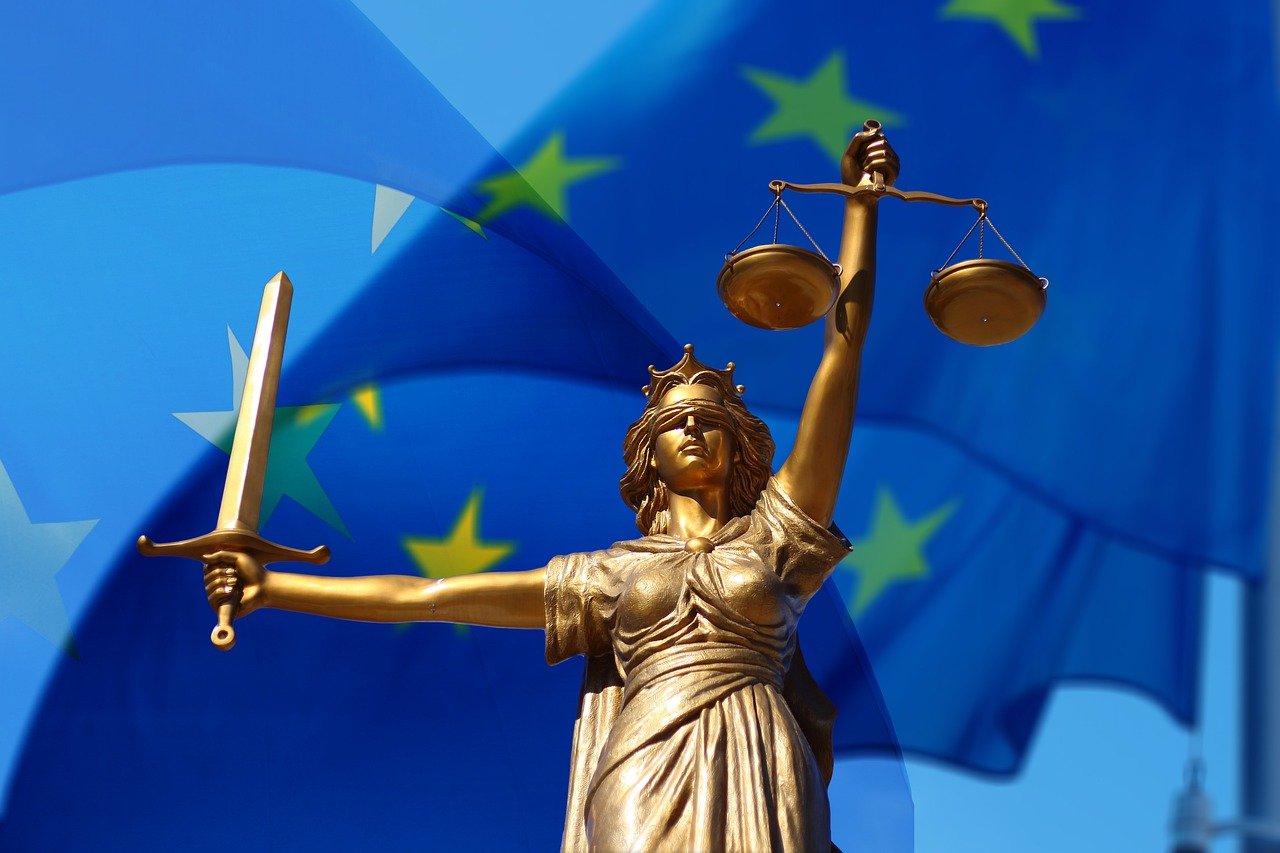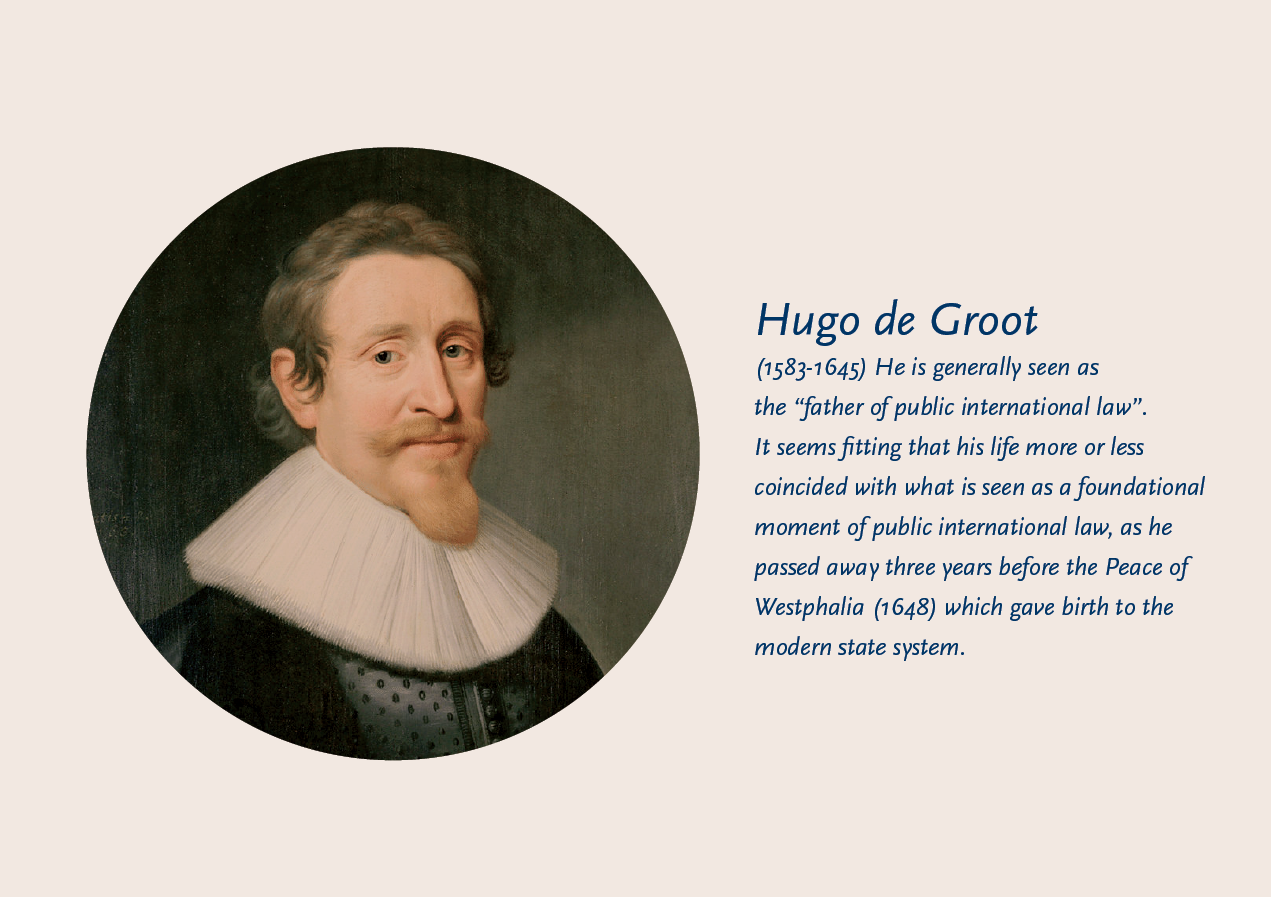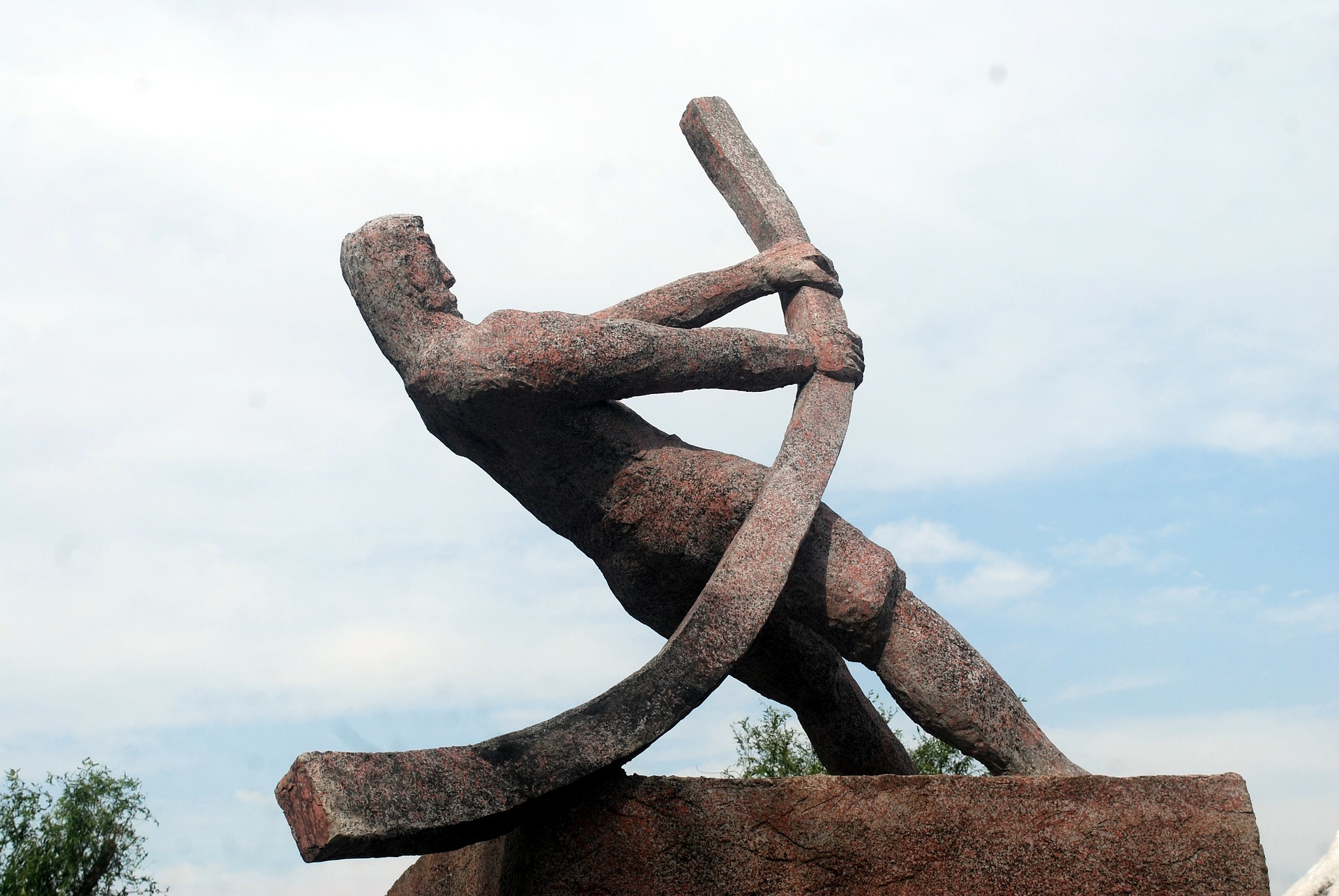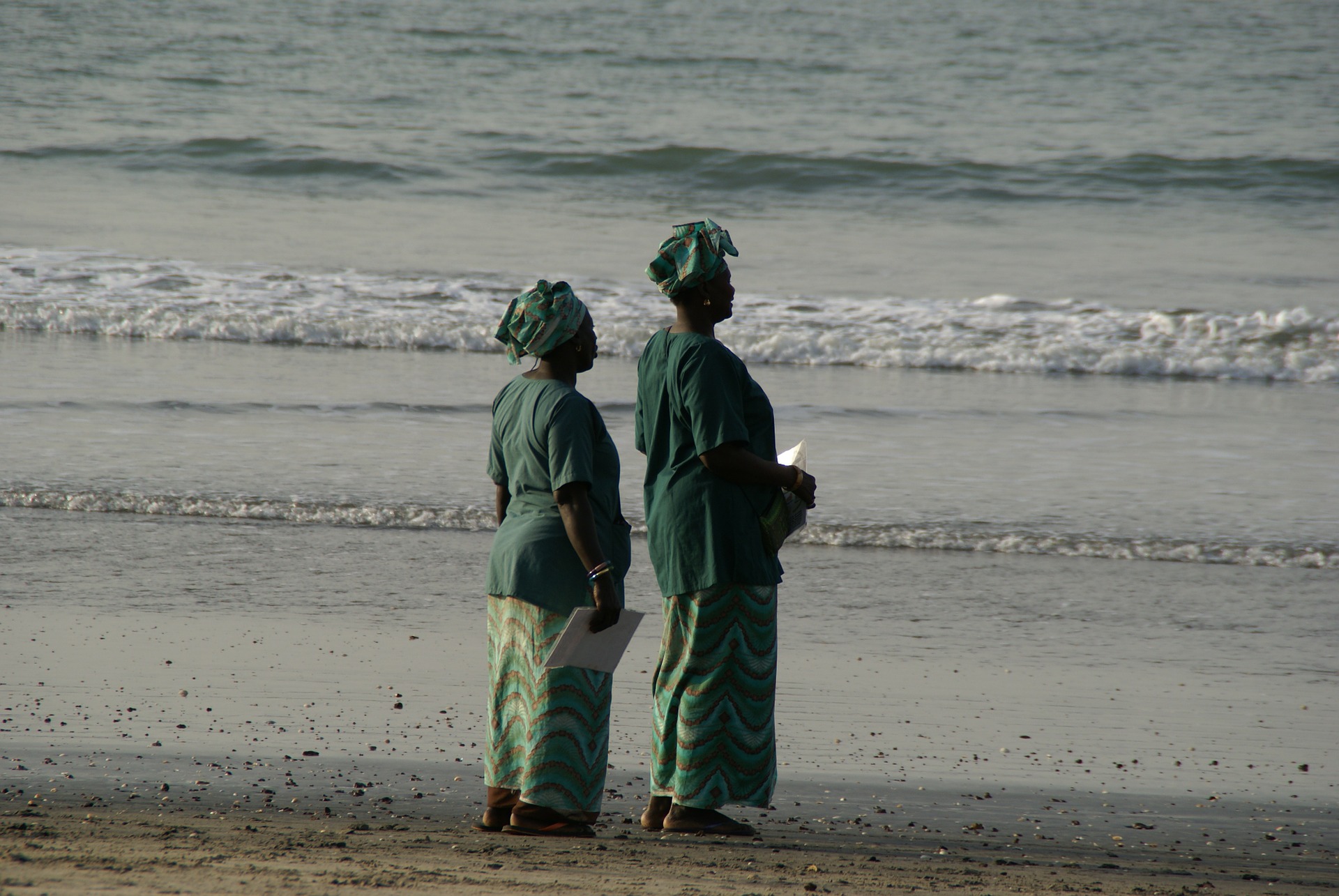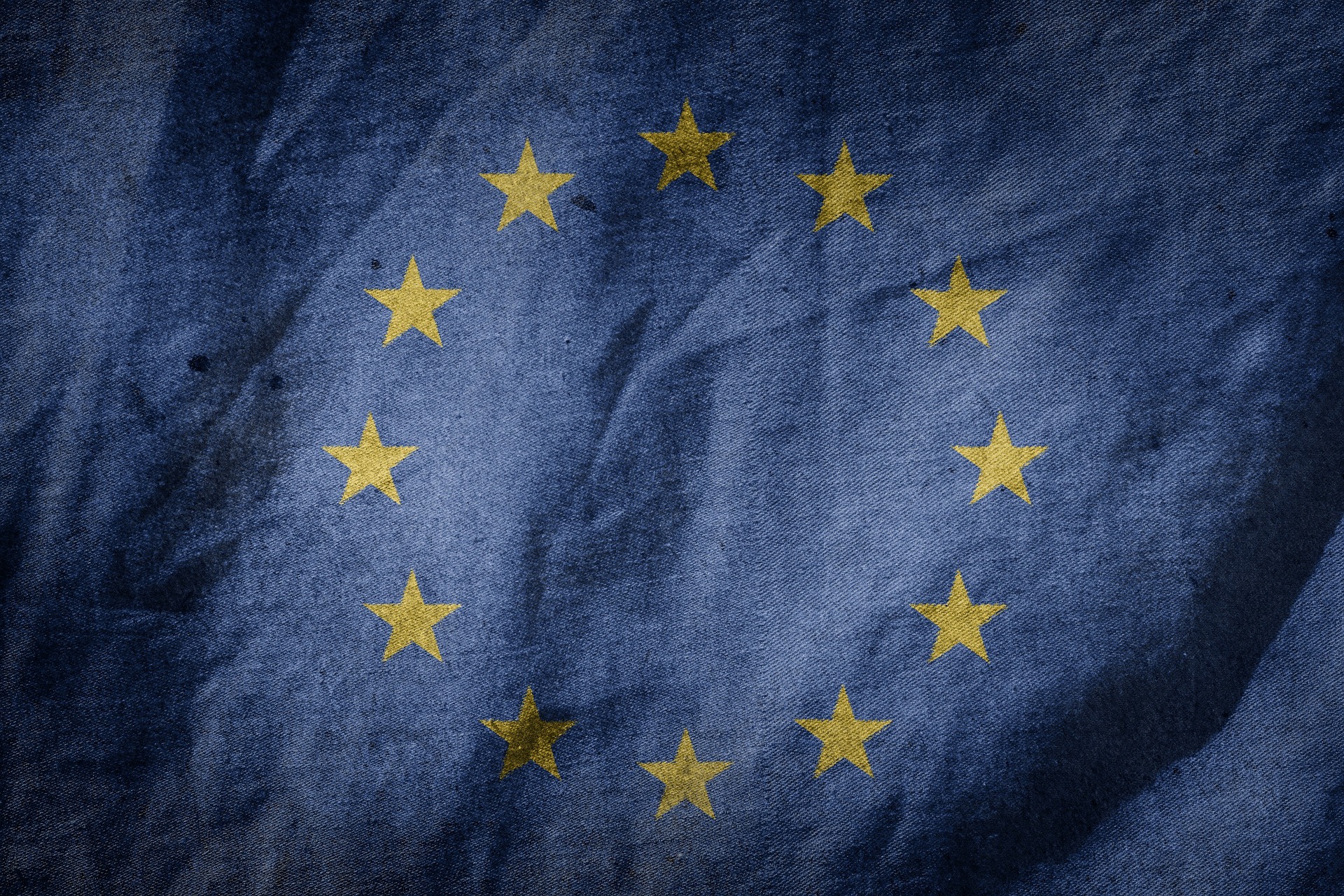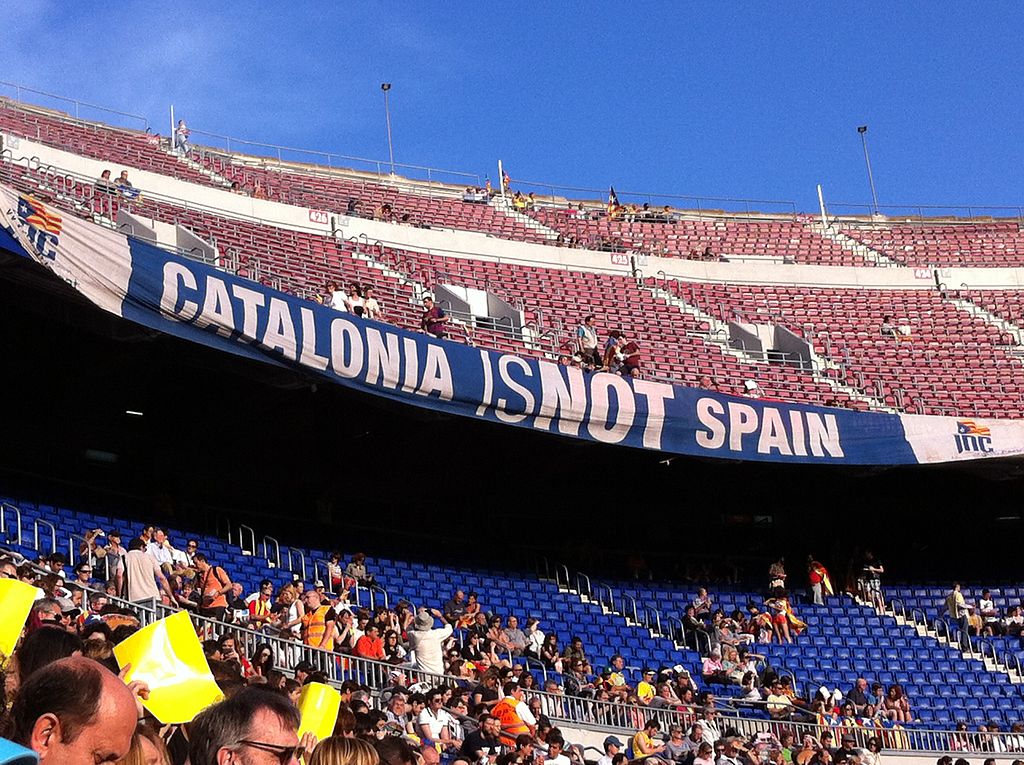Latest blog articles
-
A brief explainer about the ICJ case brought by South Africa against Israel
On 29 December, almost three months after the 7 October Hamas attacks on Israel and the ensuing Israeli military strikes on the Gaza Strip, which had by then resulted in the deaths of more than 21,000 people and more than...
-
On 14 and 15 November 2022, UM’s Faculty of Law held the “Logic of International Law Conference.” Henrique Marcos (UM & São Paulo Univ.) and Antonia Waltermann (UM) organised the conference under the auspices of the Globalization and Law Network (GLaw-Net) and the International Law Discussion Group...
-
To any international lawyer, Hugo de Groot (10 April 1583 – 28 August 1645), usually referred to by his Latin name as Hugo Grotius, does not need any introduction. He is generally seen as the “father of public international law”, often together with Francisco De Vitoria (1483-1546) and Alberico...
-
About 100 British officials will arrive in Brussels today to start the mammoth negotiations on the future relationship between the EU and the UK. The two sides are poles apart. The UK wants regulatory detachment from the EU while the EU insists or regulatory alignment.
-
Sovereignty is invoked in many discussions today, from Brexit to Catalan independence, but it is rarely clear what, exactly, those who invoke sovereignty mean by it. For the purposes of understanding, analyzing, and understanding legal phenomena, however, a more precise understanding is necessary.
-
Today, on Human Rights Day, the Peace Palace in The Hague will be the venue of the somewhat ironic spectacle of a Nobel Peace Prize laureate and global icon of human rights leading her country’s defence against allegations of genocide, the most serious violation of human rights possible.
-
The European Union prides itself for being based on the rule of law. Indeed, the success and longevity of the EU as an integration project can be partly explained by, on the one hand, the willingness of Member States to abide by the obligations that stem from the Treaties and, on the other, the...
-
What does sovereignty mean in today’s world, given trends of globalisation, Europeanisation and also polarisation?
-
The wishes of the Spanish government and those of the Catalan people are diametrically opposed: 90% of voters in the referendum were for independence - but keep in mind also that only about half of the Catalan people voted.
-
Do the people still have power? Some might feel forgotten and turn to populism promising to give the country back to them. But popular sovereignty is not dead.
